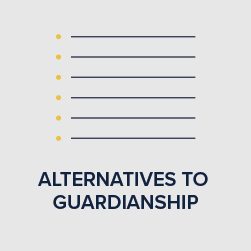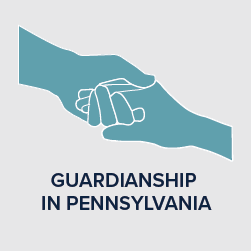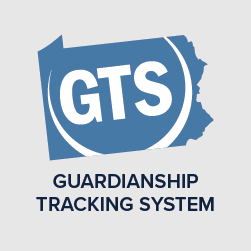Elder Abuse and Financial Exploitation
Resources (External)
- What is elder abuse?
- Red flags of abuse
- Where to report elder abuse
- 12 things anyone can do to prevent elder abuse
- What if your guardian is not doing what they should?
- Federal Resources | Senate Committee On Aging
- Protecting Older Adults from Fraud and Financial Exploitation | Consumer Financial Protection Bureau (consumerfinance.gov)
- Online Resources | Pennsylvania Department of Aging Learning Management System (pda-lms.org)
- Office of the Inspector General: SSA Scam Reporting Form, Social Security
- Signs of Elder Abuse
- Taking Action: An Advocate’s Guide to Assisting Victims of Financial Fraud
- ACL Resource on Culturally Competent Care for Older Persons who Experienced Abuse
- Report Fraud to the AARP Fraud Watch Network Helpline
Credit Union Trusted Contact Resources
A trusted contact is an individual, specified by the customer, that banks and credit unions may reach out to for extra help if they suspect the customer is falling victim to a scam.
- CFPB Trusted Contact - Credit Union Deliverable
- CFPB Trusted Contact - Member Deliverable
- NCUA Consumer Assistance Center - Trusted Contact
- NCUA Trusted Contact Video
The Administrative Office of Pennsylvania Courts, including the Office of Elder Justice, cannot provide legal representation or advice to the public. The information provided on this website does not, and is not intended to, constitute legal advice. All information, content, and materials available on this site are for general informational purposes only.
This website contains links to third-party websites. The Administrative Office of Pennsylvania Courts does not own or manage these third-party websites. As such, the Administrative Office of Pennsylvania Courts does not recommend or endorse the contents of the third-party sites and makes no representation with respect to, nor does it guarantee the quality, accuracy, completeness, timeliness, or reliability of such third-party websites.
This website was supported by the Administration for Community Living (ACL), U.S. Department of Health and Human Services (HHS) as part of a financial assistance award totaling $1,827,313 with 75% funded by ACL/HHS and $631,644 and 25% funded by non-government source(s). The contents are those of the author(s) and do not necessarily represent the official views of, nor an endorsement, by ACL/HHS, or the U.S. Government.




